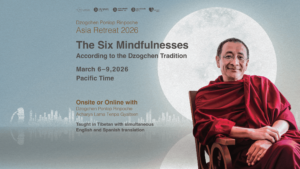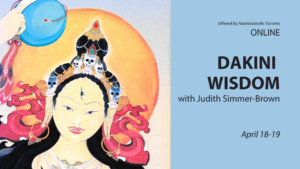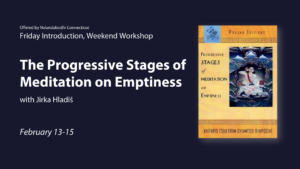A brief disclaimer for the analogy I’m about to unfold: I live in a country not based on the common-law system, I’m not a lawyer nor a law scholar, and I’ve never taken part in a real trial. If there are any mistakes or misconceptions here, please all of you lawyers who are reading—my intentions are good. Don’t sue me, OK?
When I contemplate my habitual patterns, I realize that I’m often acting as my ego’s attorney. This happens, for instance, when a disturbing incident occurs, or when I hear something upsetting during a discussion. Almost immediately, I feel in my body the urge to respond, a call to duty. My ego-client needs me to step up and defend his interests. And I immediately do.
I’m the defense lawyer diligently preparing my speech, ready to respond to the prosecutor’s accusation. I don’t leave out a single detail so that my client will be safe. What then follows is not a conversation, and it doesn’t involve doubt or being open to what is really happening. I’m following a script and focusing on my defense, which makes my listening strongly biased and my mind closed. It’s difficult to refrain from following this role-playing pattern, and usually I become aware of it only afterward.
To slowly overcome that habit, I’m trying to explore other possibilities even while sticking to the role-playing game. I don’t need to always be my ego’s attorney: I could act as one of the jurors instead. Jurors are still part of the trial, but with a different duty. They just listen and observe, not forced by any ego-client to take a side. Their sole duty is being free from prejudice and keeping an open mind to seek the truth.
When I’m mindful enough to remember this approach, often I discover that my ego is not being prosecuted at all and I’m not even in a courtroom. I have wasted a lot of energy and time being an attorney for a trial and a client that doesn’t exist in the first place.
And when I step back even further and sit with the audience, I can even enjoy the scene. It might not be a trial drama at all, but a funny and joyful comedy.
Contemplation
Here is a simple checklist to help us gain a bit of distance and release painful habitual patterns.
Body Posture. Are we changing it? Are our muscles tight or loose? Are we stepping back or leaning in? Can we visualize how our face and gaze look?
Body Feeling. Are we feeling heat or pain or other discomfort? Where is it located?
Emotion. Can we name how we feel in the moment? angry? deceived? scared?
Our Buddy. What’s the outfit of the person in front of us? their posture? their voice?
Move to the Juror’s Seat. Now imagine looking at the scene from the outside. Watching the conversation impartially, what do we see?

Paolo Mazza has been a student of Dzogchen Ponlop Rinpoche since 2018, living in northern Italy. Paolo is a father of three, working in Innovation and Technology. Paolo loves hiking in the mountains and woods of the Alps.






